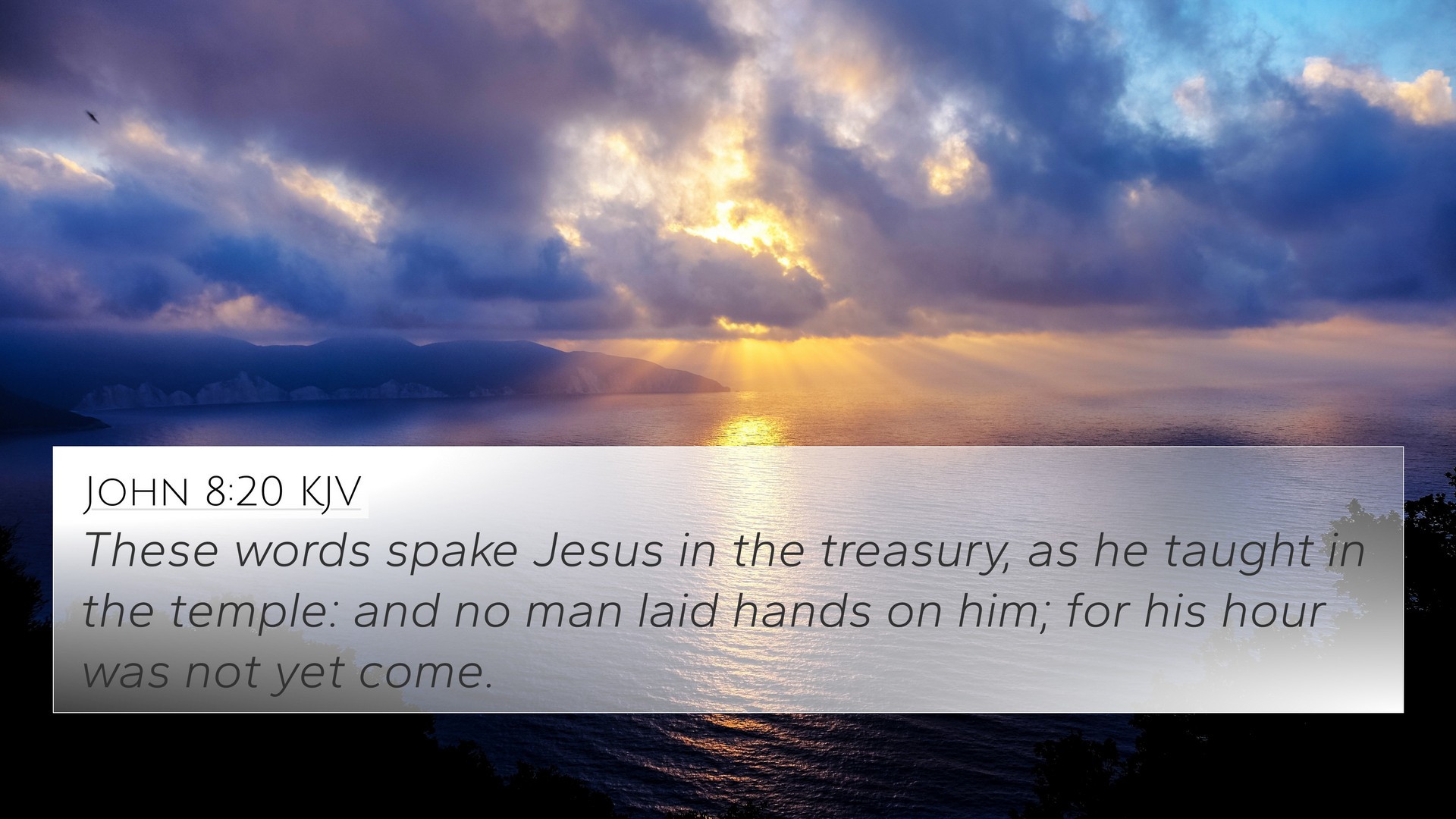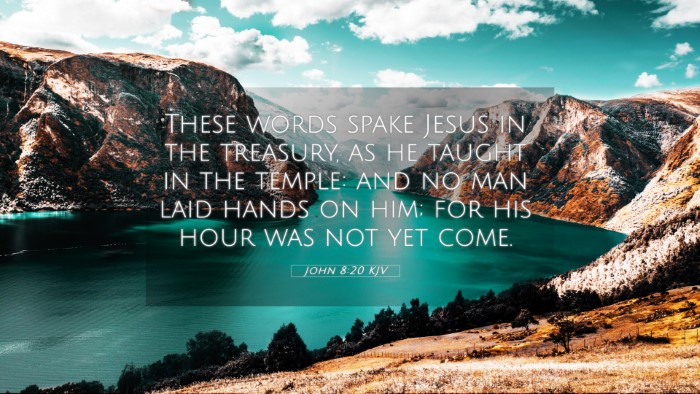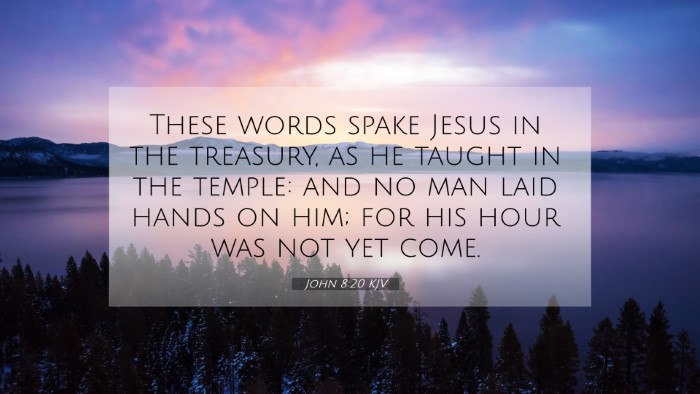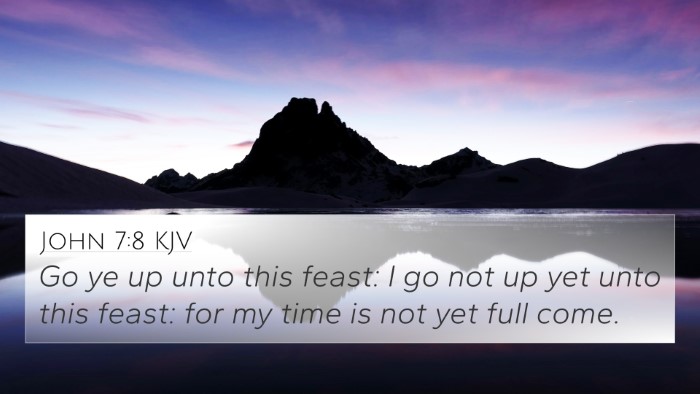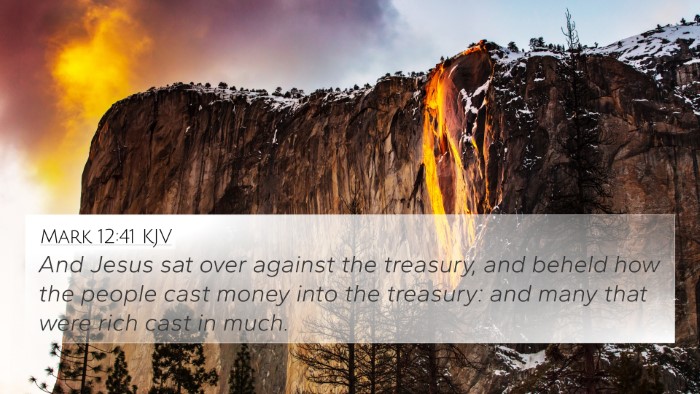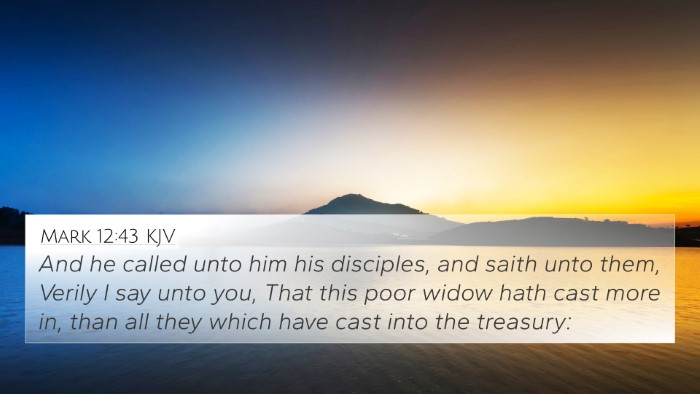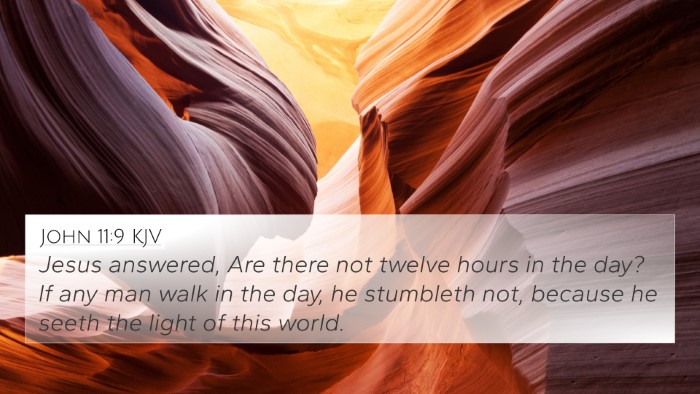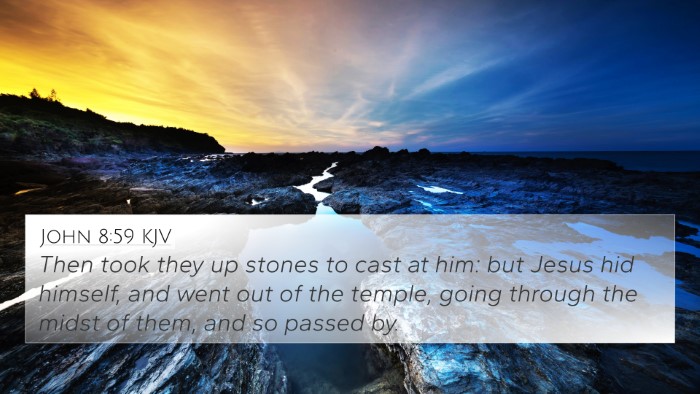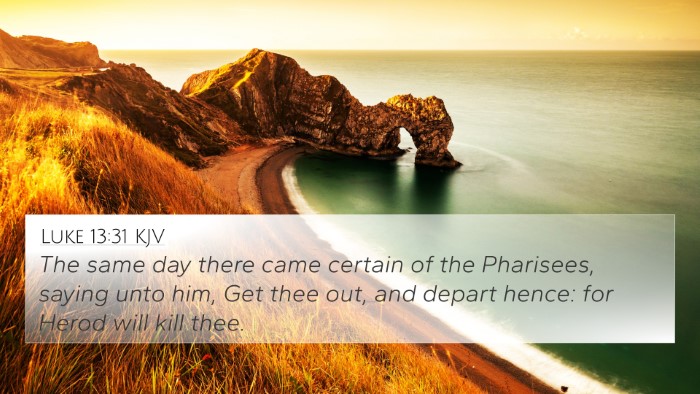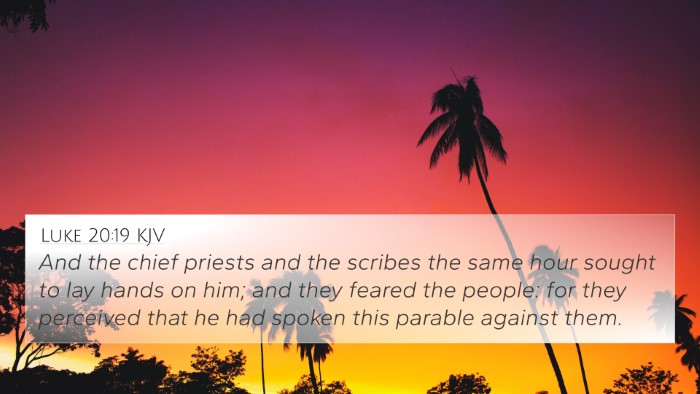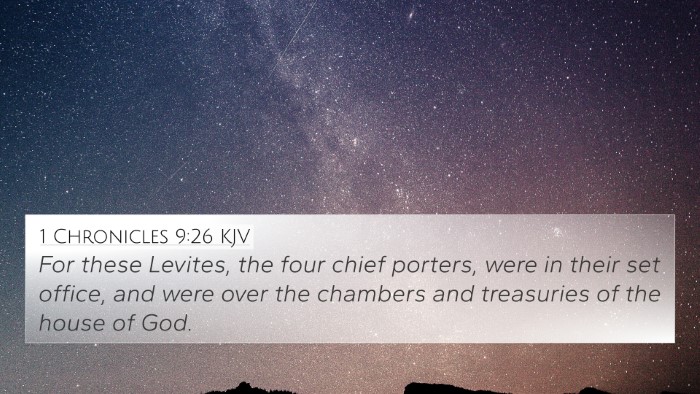Understanding John 8:20
John 8:20 states: "These words spoke Jesus in the treasury, as he taught in the temple: and no man laid hands on him; for his hour was not yet come." This verse is significant as it illustrates a critical moment in Jesus’ ministry where he speaks openly in the temple, yet faces no immediate opposition.
Context and Setting
In analyzing this verse, it is essential to consider the surrounding context. Jesus is speaking during the Feast of Tabernacles in Jerusalem. The treasury mentioned refers to a court within the temple where offerings were made. His presence there among the people underlines the public nature of his teachings.
Thematic Insights
- Public Teaching: Jesus' choice to teach in a public setting emphasizes his mission to reach the masses with his message of salvation.
- Divine Timing: The phrase "for his hour was not yet come" highlights the importance of divine timing in the events of Jesus’ life, suggesting that there were specific times appointed by God for certain events to transpire.
Commentary Summaries
The insights from various public domain commentaries reveal deeper meanings:
Matthew Henry
Henry emphasizes the significance of Jesus’ teaching in the temple, noting that despite the hostile environment surrounding Him, His calmness and authority stood out. He reflects on how the attempt to arrest Jesus was thwarted by divine providence until the appointed time.
Albert Barnes
Barnes points out that this teaching was an essential moment in Jesus' ministry, revealing both His boldness and the divine protection granted to Him. His teaching was a declaration of His identity and mission, underscoring His authority in spiritual matters.
Adam Clarke
Clarke discusses the location of the treasury as symbolic of the place where the offerings to God were made, and suggests that Jesus’ teaching there relates to the spiritual offerings God desires rather than mere physical ones. He also notes the significance of the word "words," referring to the teachings that challenged the religious status quo.
Cross-References to John 8:20
Several Bible verses relate closely to John 8:20, enriching our understanding through cross-referencing:
- John 7:30: "Then they sought to take him: but no man laid hands on him, because his hour was not yet come."
- John 10:39: "Therefore they sought again to take him: but he escaped out of their hand."
- Matthew 26:18: "And he said, Go into the city to such a man, and say unto him, The Master saith, My time is at hand; I will keep the Passover at thy house with my disciples."
- John 12:23: "And Jesus answered them, saying, The hour is come, that the Son of man should be glorified."
- Luke 4:30: "But he passing through the midst of them went his way."
- John 2:4: "Jesus saith unto her, Woman, what have I to do with thee? mine hour is not yet come."
- John 5:30: "I can of mine own self do nothing: as I hear, I judge: and my judgment is just; because I seek not mine own will, but the will of the Father which hath sent me."
Applying John 8:20
This verse invites readers to reflect on the themes of divine timing and the nature of Jesus’ ministry within a broader context of scripture:
- Understanding divine timing: Recognizing that God’s plan unfolds according to His timeline encourages patience and trust in His plan.
- Embracing public faith: Jesus' boldness in teaching publicly challenges believers to share their faith openly, even amidst opposition.
Conclusion
John 8:20 serves not only as a pivotal verse in the Gospel of John but also as a rich point of convergence for cross-referencing biblical texts that highlight Jesus’ mission and the divine orchestration of events. Some of the tools for Bible cross-referencing that readers can utilize include:
- Bible concordance
- Bible cross-reference guide
- Bible reference resources
By engaging with these cross-references, believers can deepen their understanding of scripture, uncover the connections between Bible verses, and enhance their Bible study through inter-Biblical dialogue.
